Precision technology and Big Data
Course Description
This LU aims to explore the best practices for using precision technologies and big data in farming. This unit starts with the fundamentals needed for data science, such as extracting, harmonizing, and storing data. In a more advanced stage, the application of artificial intelligence for different purposes will be explored, such as Remote Sensing and Predictions (finding diseases, harvest predictions, resource utilisation optimisation, etc.).
Learning outcomes
Knowledge
After the completion of this LU, the learner will:
- Understand topics such as data lake and data warehouse, among other necessary concepts for
- creating a data pipeline.
- Understand the concept of remote sensing and the technology required for image processing.
- Understand how to install and connect IoT devices to extract data from the field.
- Understand how to install and use a computer vision‐based system to collect images within the
- field and process those images to extract knowledge.
- Understand how to use historical data to create AI prediction models (i.e., regression models).
Skills
After the completion of this LU, the learner will be able to:
- Create, develop, and deploy a data pipeline, from installing sensors, data extraction and
- harmonization, and storage.
- Development of CNNs (Convolutional Neural Networks) models for image processing applied for
- remote sensing and in‐site computer vision‐based systems.
- Development of artificial intelligence regression models (Linear Regression, Polynomial Regression, Support Vector Machine, Gradient Boosting, etc.) to identify trends and future occurrences within the production, such as:
- Forecast harvests consider the activities carried out and the conditions under which production occurs.
- Predict the appearance of diseases considering the data extracted from production and atmospheric conditions.
- Predict the harvest, considering the current state of production and the expected conditions until harvest.
- Predict the optimal use of resources (chemicals, fertilizers, water, etc.) to avoid overuse
Competences
After the completion of this LU, the learner will be competent to:
- Develop the capacity for synthesis and critical analysis of this type of systems.
- Work as a team and increase written and oral communication, necessary for the implementation of complex systems such as precision agriculture.
- Ability to manage time and meet deadlines.



